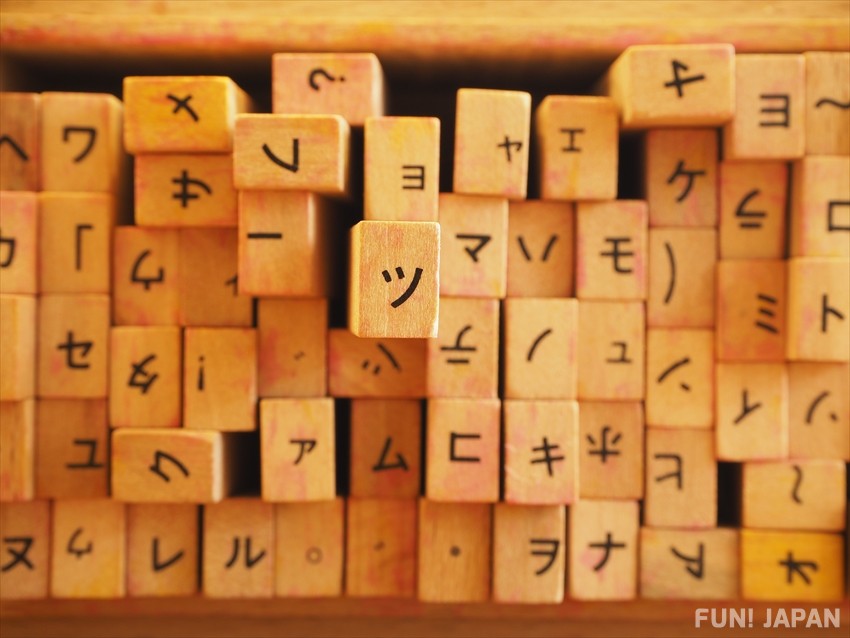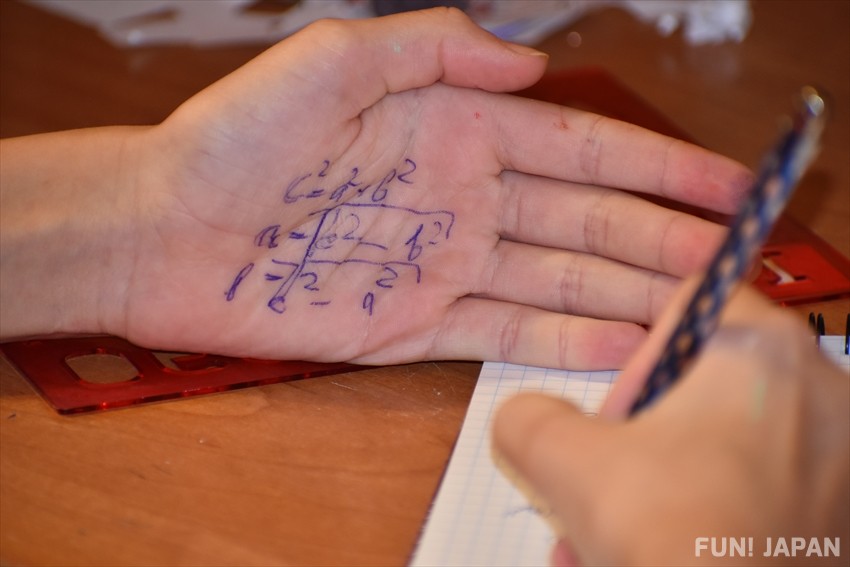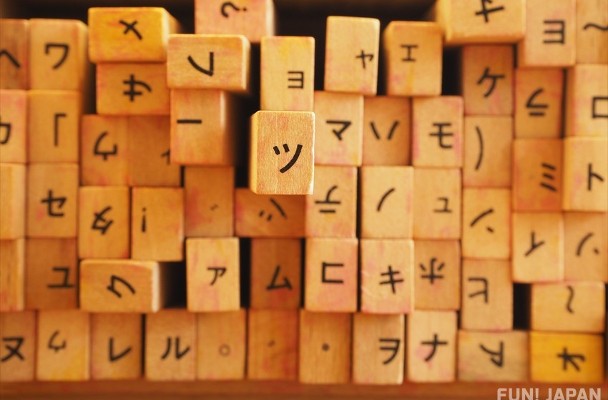
If you've ever studied Japanese, you've probably come across certain words that are written in Katakana and thought "What...?" There are actually lots of words used by Japanese people which can sound quite confusing to native speakers of the language the words have been taken from. In this article, we're going to go over a few of them! This is a special article looking at the origins of words and how their meaning differs in Japanese!
アルバイト (Arubaito)

We're sure everyone who has studied Japanese has come across this word. This word actually originates from German "arbeit", which means "Work" in German, but "Part-Time" in Japanese. I wonder why the meaning changed in Japanese... Currently, if you're a student most people would call it "Baito", while if you're a housewife or househusband, people often call it "Part".
マンネリ (Manneri)

This word actually originates from the English word "Mannerism". The meaning is "Peculiar habits, gestures, etc.", with the actual meaning having a separate word in Japanese that is more closely related to its English counterpart "マンネリズム (Mannerism)". While "マンネリ (Manneri)" originated from the same word, its meaning differs and refers to when people are in a rut. This is when you feel like you're repeating the same day over and over at work, or can also be used between couples who start to lose interest. It's also often called "マンネリ化 (Manneri-ka)". This is completely different from its original word "manner"...
テンション (Tension)

As the word suggests, this originated from the English word "Tension". However, the original word in English refers to a feeling of nervousness similar to that of stress. In English, the majority of the meanings behind this word as perceived as bad, often associated with the word "tense". However, in Japanese, this is often used in the opposite manner, referring to excitement and elation. If your native language is English, hearing the term "High Tension" will make you think of someone who is uneasy and possibly anxious about something, but for Japanese people, this will be heard as someone who is in high spirits and in the best mood possible. This may be related to how "緊張 (Kincho)" in Japanese isn't always thought of as something that's bad.
サービス (Service)

While the meaning is similar to that of the English "service", it's sometimes used a little differently. For example, if someone tells you that something is "service" in say a restaurant, it will mean that the item they are giving to you is free. There are also terms such as "service overtime" which means unpaid overtime. This means that while the word is good when you're a customer somewhere, it's typically bad when used in a business sense.
ソールフード (Soul Food)

While this is a word that was thought of originally in Japanese, English has a similar world. In English, the term "soul food" refers to traditional cuisine within America. "Soul" refers to Africa with terms such as "soul music", while in Japanese it means simply that, the "soul", and is often used to refer to the representative food of a local area.
コスパ (Kospa)

This word originates from the English term "cost performance", which refers to the value of the amount paid versus the product or service received. However, in English, it's often regarded as cost-effectiveness and isn't used for things outside items such as a car, computer, or medicine. In Japanese it can be used absolutely anywhere without sounding strange, I wonder why?
タレント (Talent)

While this word originates from the English word "talent", its meaning is that of "ability". However, a word for ability already exists in Japanese, so "talent" is used differently. It will often refer to actors or famous people who appear on television. While it's true these people have talent, it's strange that the word itself is used to refer to the people. When talking about talent on a television show in Japan, it will almost always refer to something such as songs and dance, this could be the influence of these actors and famous people in the performing arts industry.
カンニング (Cunning)

The term "cunning" in English typically means "sly". In Japanese, it refers to doing something which is unfair. Sly people certainly do perform unfair acts regularly, but why not just use cunning the same way English does if that's the case? I guess we'll never know.
クレーム (Claim)

The term "claim" in English refers to a natural right such as demands, payment, insurance, and more. It's often referred to as a "claim" when talking about things such as accident insurance. However, in Japanese, it's often used when people are simply complaining. While we agree that complaining or demanding something as an after-service might be close in meaning, surely that more closely translates to "complaint"?
コンセント (Consent)

In Japanese, this word refers to an outlet where you can connect the power. While the origins of this word are quite vague, "consent" in English refers to giving permission and has absolutely no connection to the Japanese meaning. One theory is that it originates from "concentration" and refers to a "place in which power converges". It might be worth noting that even if you ask for a "consent" overseas, you may be greeted with a confused face...
Well, there we have it, a bunch of Japanese words which have completely different meanings than their original counterparts! If you have any more you find or know of, make sure to drop a comment and let us know! There are some amazing and funny English signs across Japan with very interesting translations!

Comments